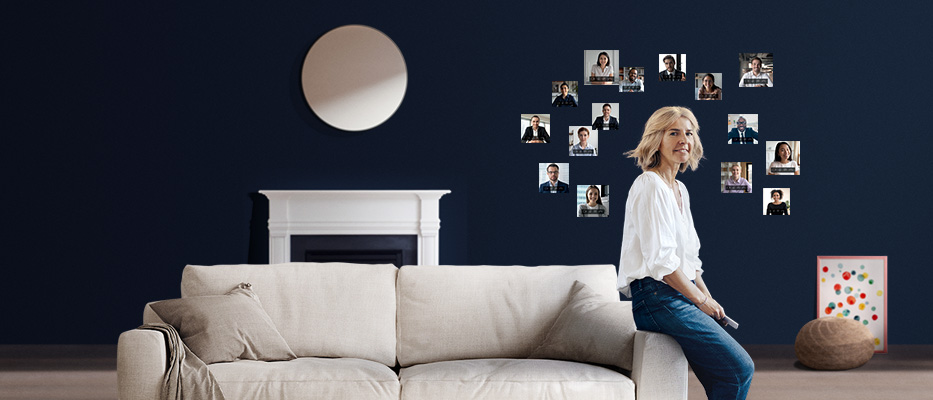The English language version of this site is for your information only. In the case of any legal considerations, the French language version applies.

Get all HSBC expertise.
Visit ccf.fr or download the Mes Comptes CCF mobile app to log on to your accounts.
The English language version of this site is for your information only. In the case of any legal considerations, the French language version applies.